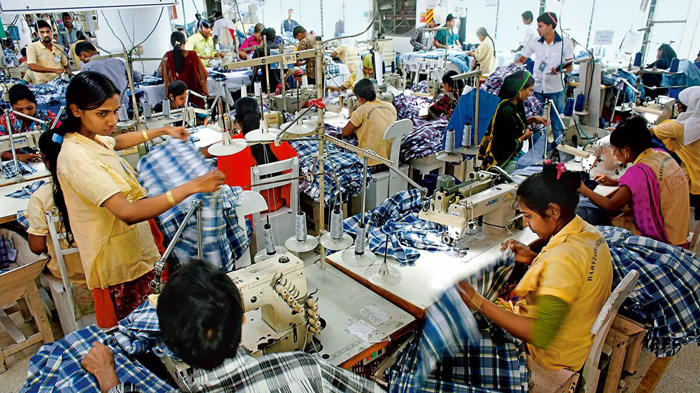The European Union (EU) is set to implement a number of new sustainability regulations, with significant implications for businesses. The Empowering Consumers Directive, Corporate Sustainability Due Diligence Directive, and Waste Shipment Regulation are all in the pipeline, with businesses given varying periods to prepare for compliance.
The Empowering Consumers Directive will ban unfounded generic environmental claims, unverified emissions offsetting schemes, and planned obsolescence
In addition to these new regulations, the EU is also revising the Waste Framework Directive, implementing mandatory Extended Producer Responsibility (EPR) schemes for textiles, and improving waste collection. The EU Commission has also unveiled a strategy to combat microplastics from plastic pellets, but does not anticipate proposals for textiles during the current Commission's mandate.
In the Americas, new laws, such as the Climate Corporate Data Accountability Act and Climate-Related Financial Risk Act, are aimed at enhancing climate-related financial risk disclosures and greenhouse gas reporting. Their impact on companies awaits further amendments and regulations.
The EU's Green Claims Directive also aims to regulate sustainability claims, but lacks standardized substantiation methods, raising concerns about varied approaches and potential penalties for non-compliance.
The Global Fashion Summit: Boston Edition 2023 highlighted the need for comprehensive fashion policy beyond climate initiatives, emphasizing labor rights, fair wages, and transparent sustainability communication.
Impact on businesses:
The EU's new sustainability regulations will have a significant impact on businesses, requiring them to adopt more sustainable practices and improve their transparency. Businesses will need to invest in new technologies, processes, and training to comply with the new regulations.












